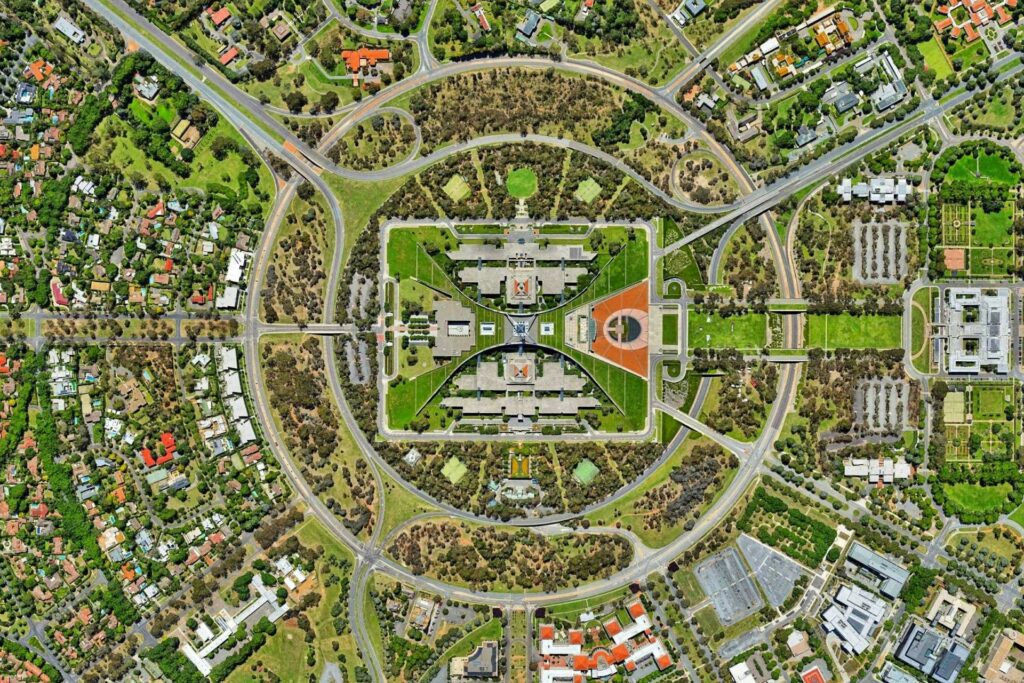A federal budget needs to recognise the complexity in people’s lives and tackle it through effective policy responses.
In response to the 2022-23 Federal Budget, our founding CEO Dr Tessa Boyd-Caine asks: if the fact of recent, successive crises is not enough, how else can the people living through them influence political decision-making?

Much has been made of the 2022 Federal Budget’s effort at short-term gifts without long-term vision. But it is also a tale of influence: those who have it and those who don’t.
As Stephen Duckett notes, ‘a characteristic of all health budgets – and this one is no exception – is there are lots of little throwaways for favoured interest groups.’ You only have to look at the range of measures in this Budget, from health to women’s safety, to see the extent of the small, highly targeted measures that name specific programs, and often specific beneficiaries of those programs.
Why is this concerning?
The past few years have provided a devastating study in real time into the intersecting health, legal and social problems that increase vulnerability to crisis and keep people in disadvantage. We saw it in the impacts of the 2019-2020 bushfires. We have seen it throughout the pandemic. We are seeing it again in the vulnerability of communities experiencing the extreme flooding in northern NSW and Queensland.
Inadequate income; insecure, unhealthy or overcrowded housing; development in fire-prone or flood-prone areas; not being able to afford insurance or to take sick leave – these are the health, legal and social factors in people’s lives that drive or exacerbate the experience of disadvantage. Following each major shock, the people affected by these factors have fared first, worst and have struggled the most to recover.
Yet the Budget has missed the opportunity to recognise the complexity in people’s lives and tackle it through effective policy responses.
In terms of good policy, there is also no opportunity here for policy engagement; for bringing forward evidence from new approaches in support of declared priorities or outcomes. These measures are tightly earmarked. They are likely the result of advocacy that has been conducted behind closed doors; of influence and relationships that we can only guess at.
Missed opportunities
As the most significant piece of public policy, the Federal Budget is the opportunity to identify these realities as part of our national outlook and to prioritise funding for expenditure to address them. But this Federal Budget falls extremely short. Where is the investment to improve our health and human (including legal assistance) services; in systems to identify and respond to complex need in people’s lives? Where are the measures to support collaboration between services; and between services and the communities they help?
Many have identified the elements of this Budget that signal an election is to follow. But the Budget also signifies a failure to identify budget measures that enable services and systems to identify and address the complexity in people’s lives. This is already a priority for people and communities living this experience and for the services that are responding to them. If the fact of these crises is not enough, how else can the people living through them influence the decision-making of political leaders?
It would make for a very different policy statement if those needs were prioritised in the policy directions of the Federal Budget; in the political campaigning of the election; and above all, in the political leadership of our future.






